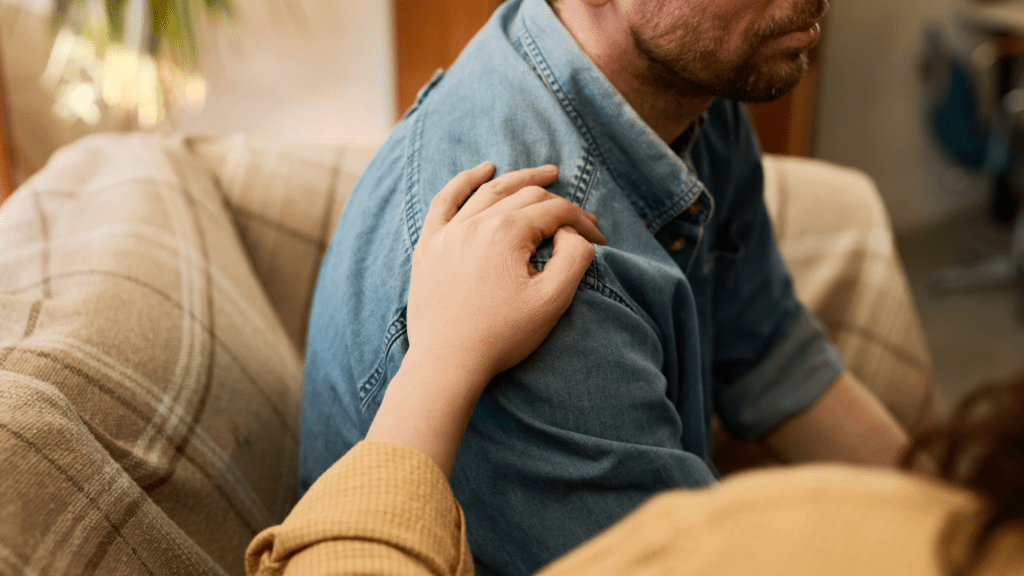Understanding Problem Gambling
Problem gambling impacts every aspect of an individual’s life, from mental health to personal relationships. Recognizing the underlying causes and signs aids in addressing this issue effectively.
The Psychology Behind Gambling Addiction
Problem gambling often stems from psychological factors. The thrill of gambling activates the brain’s reward system, similar to how drugs impact dopamine levels, creating a sense of euphoria.
Over time, this leads to compulsive behavior as individuals chase the same high, resulting in addiction. Factors such as stress, trauma, and co-existing mental health disorders also contribute to the development of gambling addictions.
Recognizing the Signs of Problem Gambling
Identifying problem gambling early can help mitigate its consequences.
Common signs include:
- Excessively spending money and time on gambling activities.
- Neglecting personal and professional responsibilities.
- Borrowing money or selling possessions to fund gambling.
- Lying about gambling habits to friends and family.
- Experiencing mood swings, anxiety, and depression related to gambling.
By understanding these indicators, individuals and their loved ones can seek help more promptly, potentially reducing the damaging effects of problem gambling.
Support Systems for Problem Gamblers
Problem gamblers benefit significantly from support systems designed to address their specific needs, providing a foundation for recovery.
Family and Social Support
Family and friends play a critical role in the recovery process. They provide emotional support and help create a stable environment.
By understanding the symptoms and triggers of problem gambling, loved ones can intervene effectively. Encouragement and open communication ensure the gambler feels less isolated.
For example, attending counseling sessions together or participating in support groups enhances the collective effort towards recovery, fostering a sense of unity and understanding.
Professional Counseling and Therapy
Professional counseling offers structured avenues for addressing problem gambling.
Therapists use evidence-based approaches like Cognitive Behavioral Therapy (CBT) to help individuals understand and change their gambling behavior. Licensed counselors provide personalized strategies to cope with urges and manage stress.
Therapy sessions often uncover underlying issues like anxiety or depression that contribute to gambling addiction. In addition to individual therapy, many benefit from group therapy, where shared experiences foster a sense of community and mutual support.
Professional counseling and family support together create a comprehensive support system essential for effective recovery from problem gambling.
Overview of Recovery Programs

Recovery programs provide structured environments for individuals seeking to overcome problem gambling. These programs offer various approaches tailored to individual needs.
Inpatient Treatment Programs
Inpatient treatment programs require participants to stay at the facility. These programs often combine medical care, counseling, and lifestyle changes.
They offer intensive support and supervision 24/7. According to the National Council on Problem Gambling, inpatient programs show high success rates due to their immersive nature.
Outpatient Support Groups
Outpatient support groups are available for those who prefer to stay at home while recovering. These groups, such as Gamblers Anonymous and SMART Recovery, meet regularly to share experiences and strategies.
Participants benefit from peer support and structured counseling sessions. Outpatient groups provide flexibility and are accessible to those with work or family commitments.
Digital and Online Resources
Digital and online resources have become increasingly popular due to their convenience. Websites, forums, and mobile apps offer support and information. Online therapy platforms connect individuals with licensed therapists from home.
Additionally, interactive tools track progress and provide personalized feedback. The availability of digital resources ensures continuous support for gamblers in recovery.
The Role of Community in Recovery
Community plays a crucial role in supporting individuals recovering from problem gambling. A strong community network offers emotional support, practical assistance, and accountability.
Local Community Efforts
Local communities organize various initiatives to combat problem gambling. Community centers often host support group meetings where individuals share experiences and strategies.
For example, local Gamblers Anonymous chapters provide a safe space for open discussion and mutual support. Educational workshops in schools and workplaces increase awareness about gambling addiction and its impacts.
Additionally, some local governments fund helplines and counseling services to offer immediate assistance.
National and International Support Networks
- National organizations such as the National Council on Problem Gambling (NCPG) provide extensive resources and advocacy.
- They offer hotlines, referral services, and educational materials.
- International networks enhance accessibility to support services worldwide.
- Organizations like Gamblers Anonymous International facilitate cross-border support, while online forums allow sharing experiences beyond geographical constraints.
- International conferences and webinars promote the latest research and recovery methods, fostering a global approach to problem gambling.



